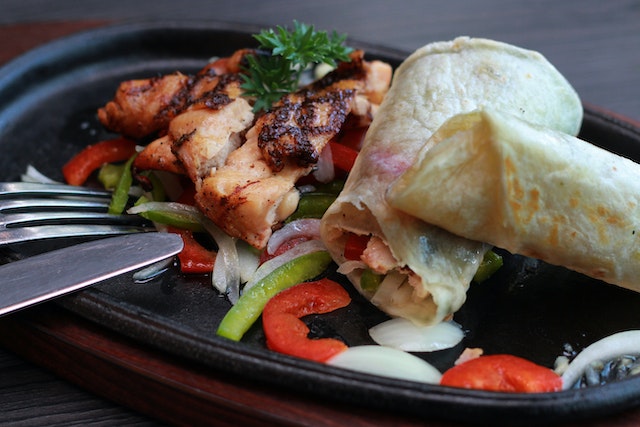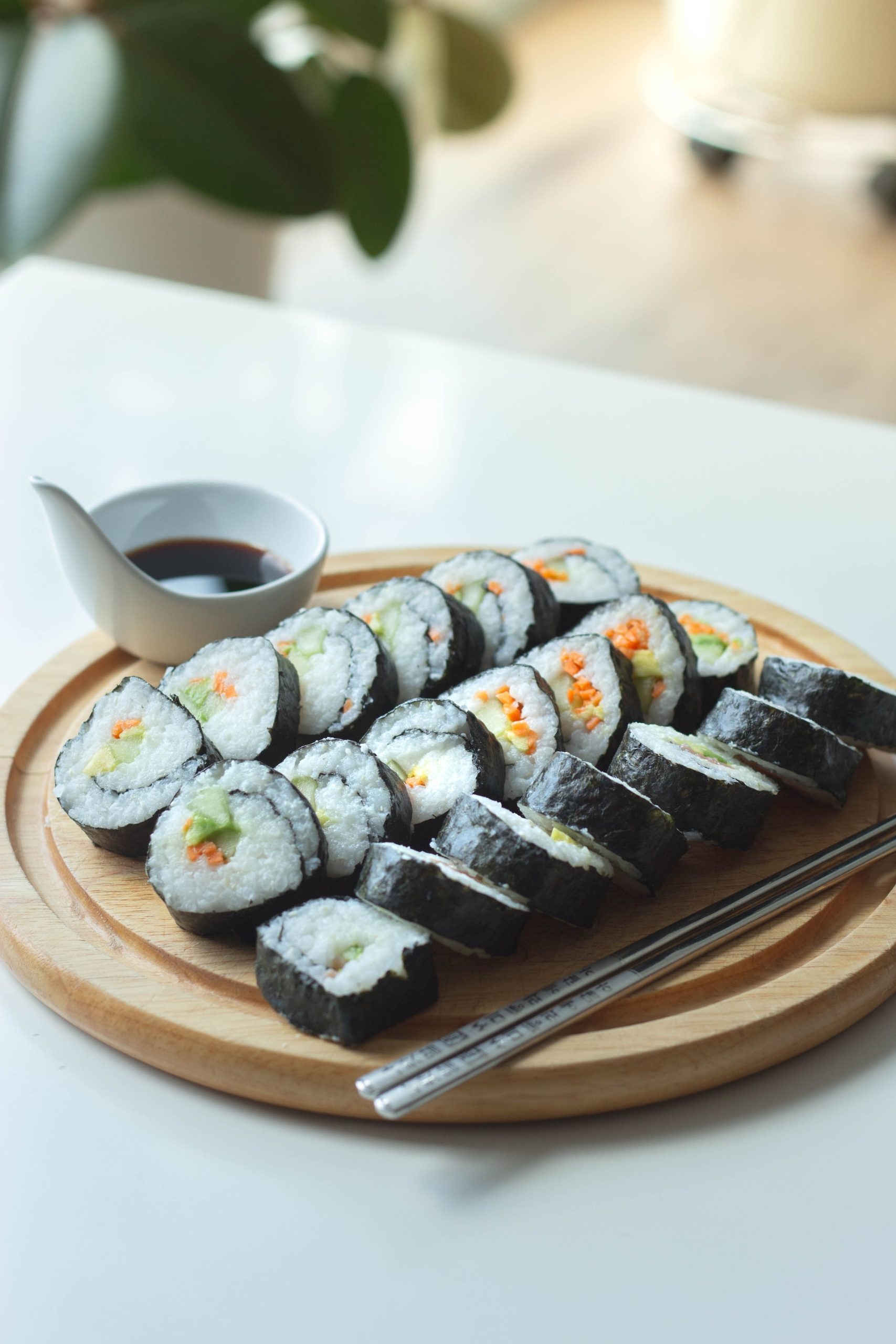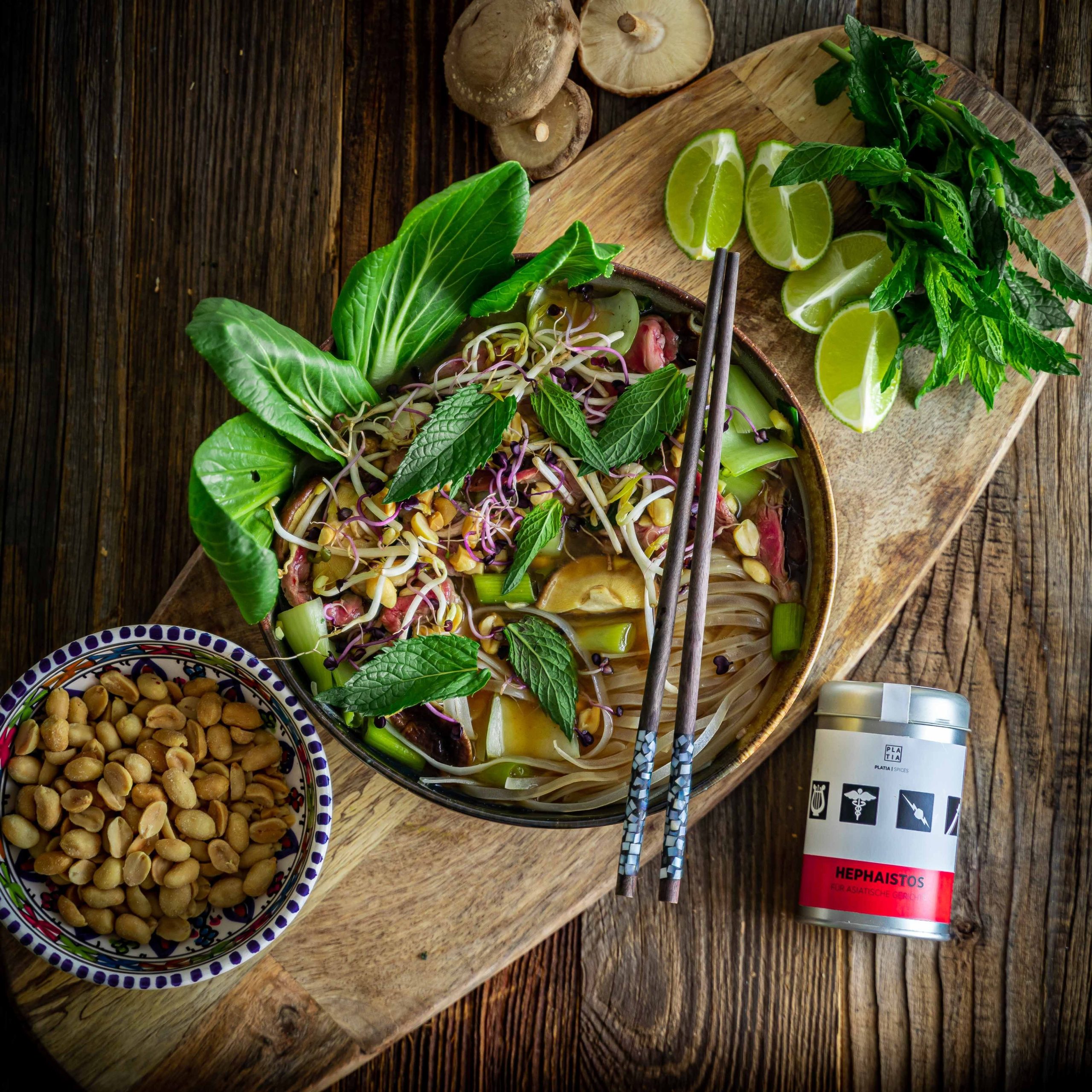Introduction
In the mosaic of human civilization, one of the most vibrant and evocative threads is woven through our relationship with food. Food is not merely sustenance; it is a cultural symbol that mirrors the traditions, history, and values of different societies. In this exploration, guided by the culinary wisdom of Julia Child, we delve into the world of gastronomy to understand how food carries the weight of heritage and the essence of human existence. Whether you’re passionate about health and wellness, a discerning review consumer, or an enthusiastic food lover, join us on this journey of taste and heritage.
The Language of Flavors
Food is a universal language that transcends borders and dialects. It communicates emotions, history, and the essence of a culture. Take, for instance, the warmth of a bowl of Italian minestrone, the fiery passion of a Mexican salsa, or the delicate balance of flavors in a Japanese sushi roll. Each dish tells a story, and it’s a tale that can be savored and appreciated by anyone, regardless of their background.

A Journey Through Time
The culinary landscape is a living history book. It records the migration of people, the influence of trade routes, and the impact of conquests. Traditional dishes often carry with them the legacy of generations, connecting us with our ancestors. Julia Child’s passion for French cuisine, for instance, was not just about cooking; it was about preserving and passing on the culinary heritage of France to a wider audience.
Tradition and Innovation on the Plate
While tradition is the anchor of culinary culture, innovation is the wind in its sails. The fusion of traditional recipes with modern techniques has given rise to exciting new flavors. Health and wellness enthusiasts will appreciate how these innovations can lead to healthier versions of beloved classics, ensuring that tradition evolves with our changing understanding of nutrition.
The Global Culinary Exchange
In today’s interconnected world, cuisines are no longer confined to their places of origin. Thanks to globalization, we have the privilege of savoring diverse dishes from around the world. Review consumers often seek recommendations for authentic global dining experiences, which in turn fuels the culinary exchange.

Preserving Food Heritage
As food becomes more globalized, the need to preserve traditional culinary knowledge becomes crucial. Enthusiasts eager to delve deeper into a culture’s culinary roots can find themselves on a fascinating journey of learning and discovery. Julia Child’s commitment to French cuisine serves as an inspiration for preserving the culinary treasures of our own cultures.
A Flavorful Conclusion
In the world of gastronomy, food is not just nourishment; it’s a reflection of who we are and where we come from. Whether you’re a health-conscious individual, a review-seeking foodie, or an enthusiast yearning to explore the depths of culinary traditions, food offers a gateway to understanding the world’s cultures.
Julia Child’s legacy reminds us that food is a living testament to human creativity and resilience. It’s a vibrant symbol of cultural identity, a time machine that can transport us to different eras, and a bridge that connects us with people from all walks of life. So, the next time you savor a dish, take a moment to appreciate the cultural tapestry it represents.
Informative Table: The Cultural Significance of Food
| Section | Key Points |
|---|---|
| The Language of Flavors | Food is a universal language that communicates culture and emotions through taste. |
| A Journey Through Time | Culinary traditions are a living history book, preserving the legacy of generations. |
| Tradition and Innovation | The fusion of tradition and innovation leads to exciting new flavors and healthier options. |
| Global Culinary Exchange | Globalization allows us to savor diverse cuisines, expanding our culinary horizons. |
| Preserving Food Heritage | It’s crucial to preserve traditional culinary knowledge to maintain cultural authenticity. |
| A Flavorful Conclusion | Food reflects human creativity, resilience, and cultural identity. It’s a bridge to understanding the world. |
Thank you for joining us on this journey through the cultural significance of food. As we conclude this exploration guided by Julia Child’s culinary wisdom, may your next meal be a flavorful reminder of the rich tapestry of human heritage.










